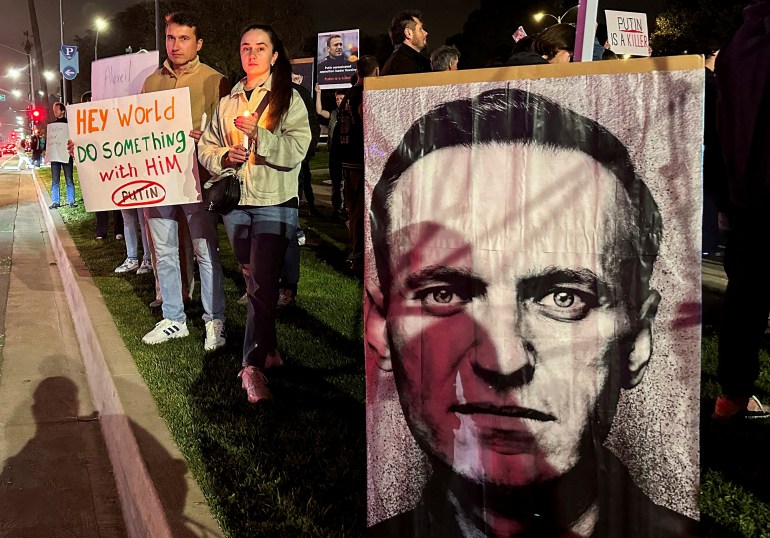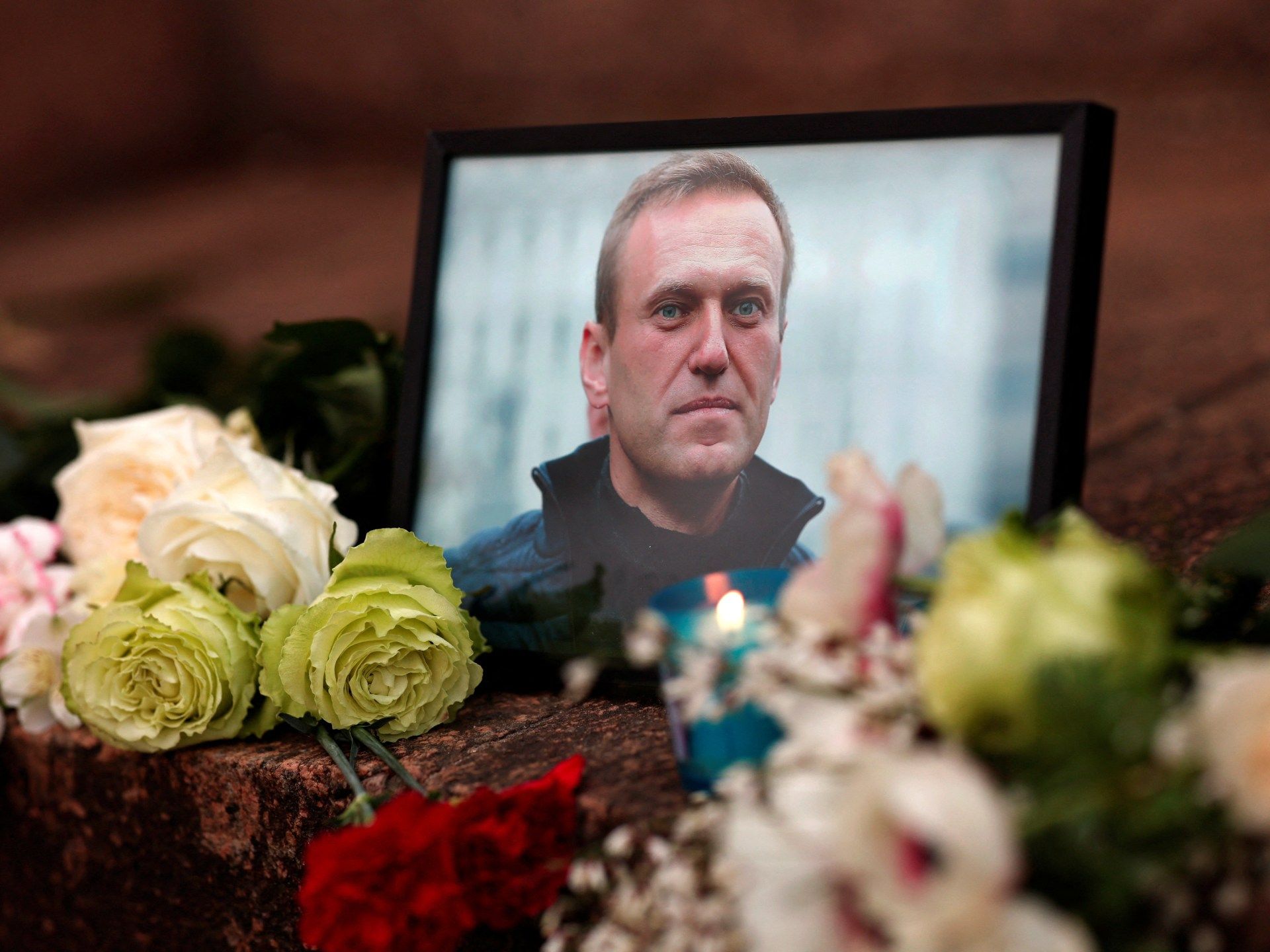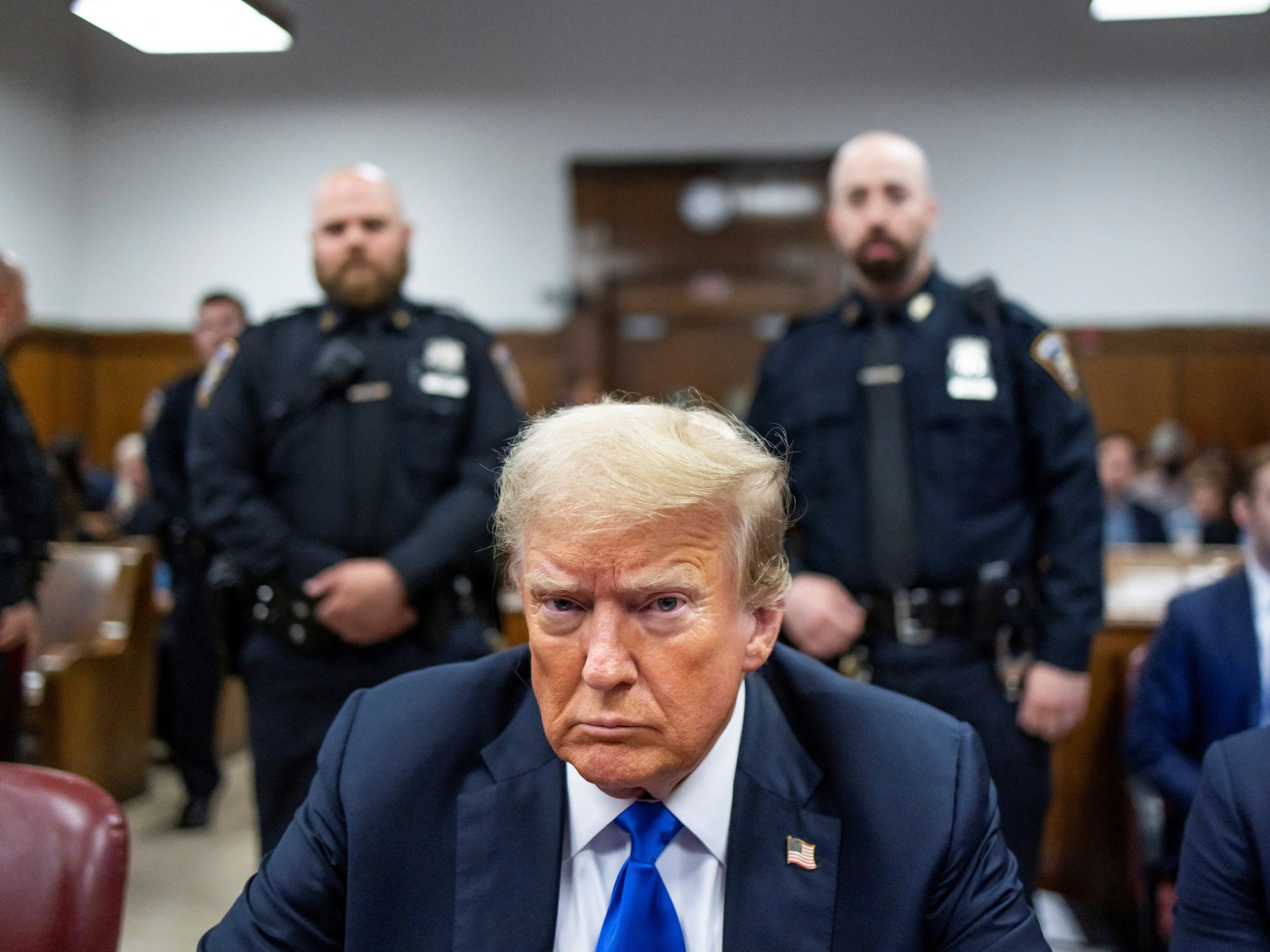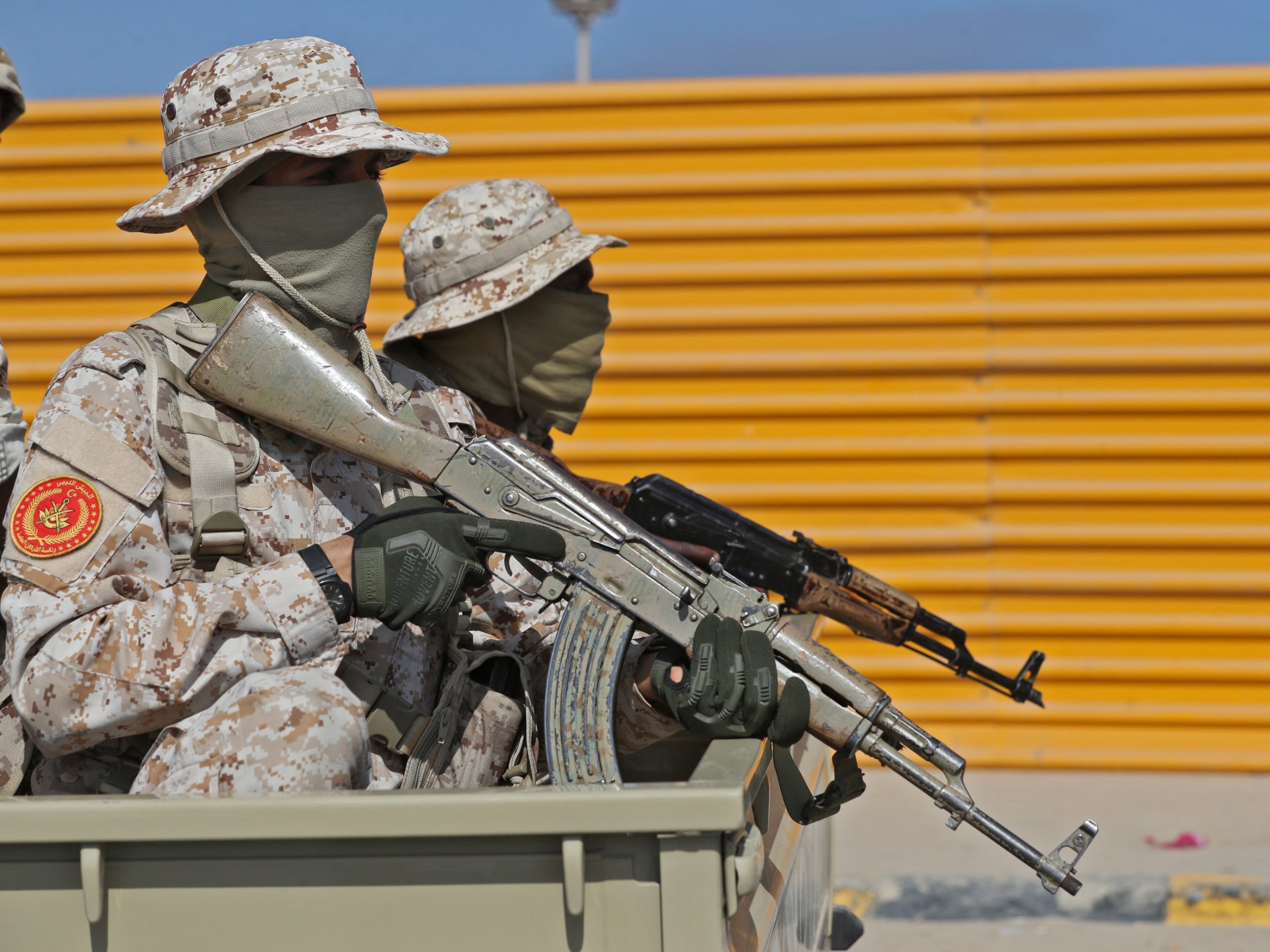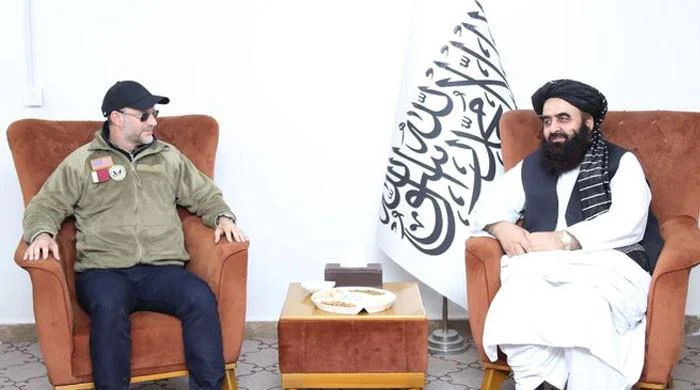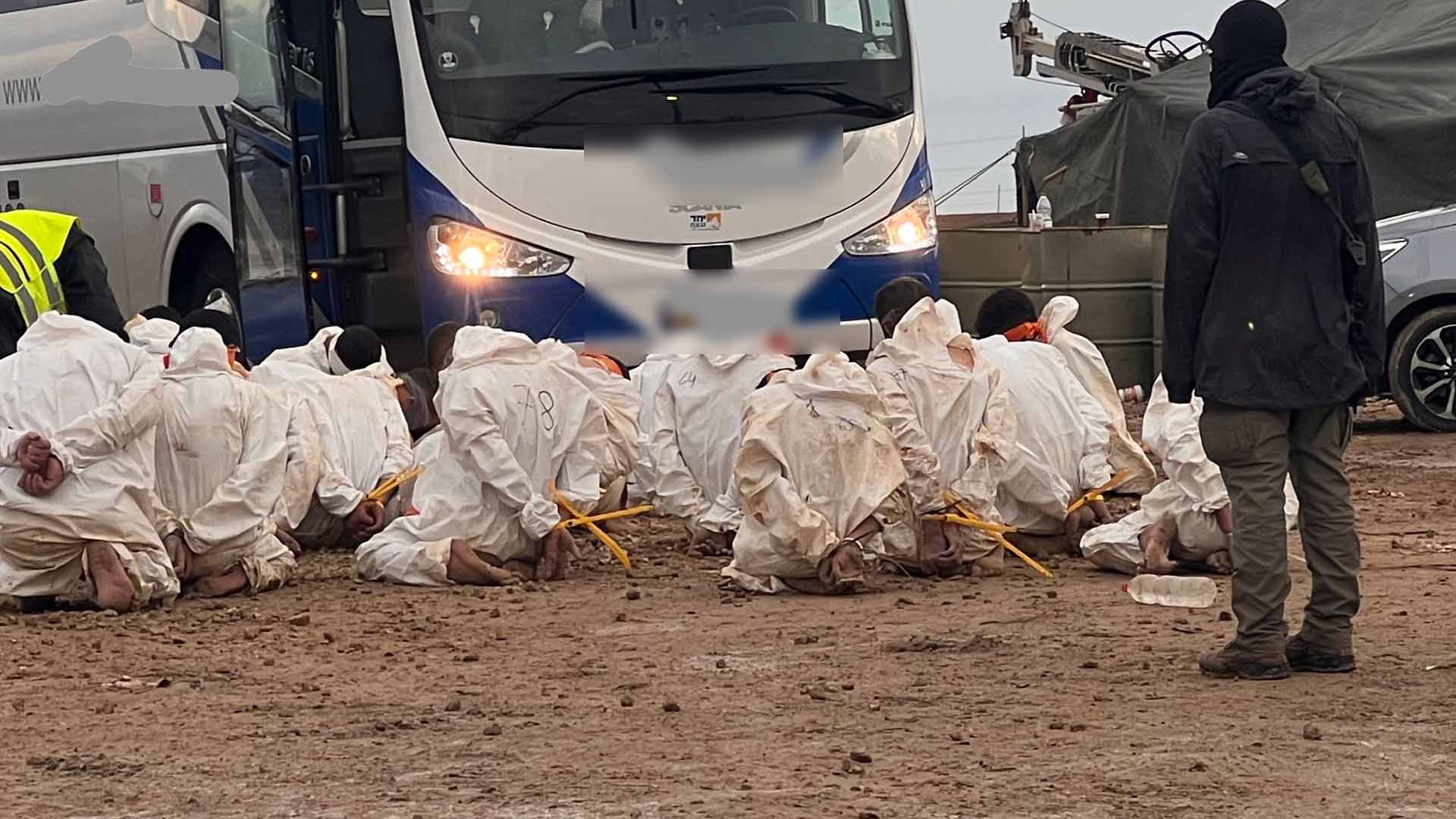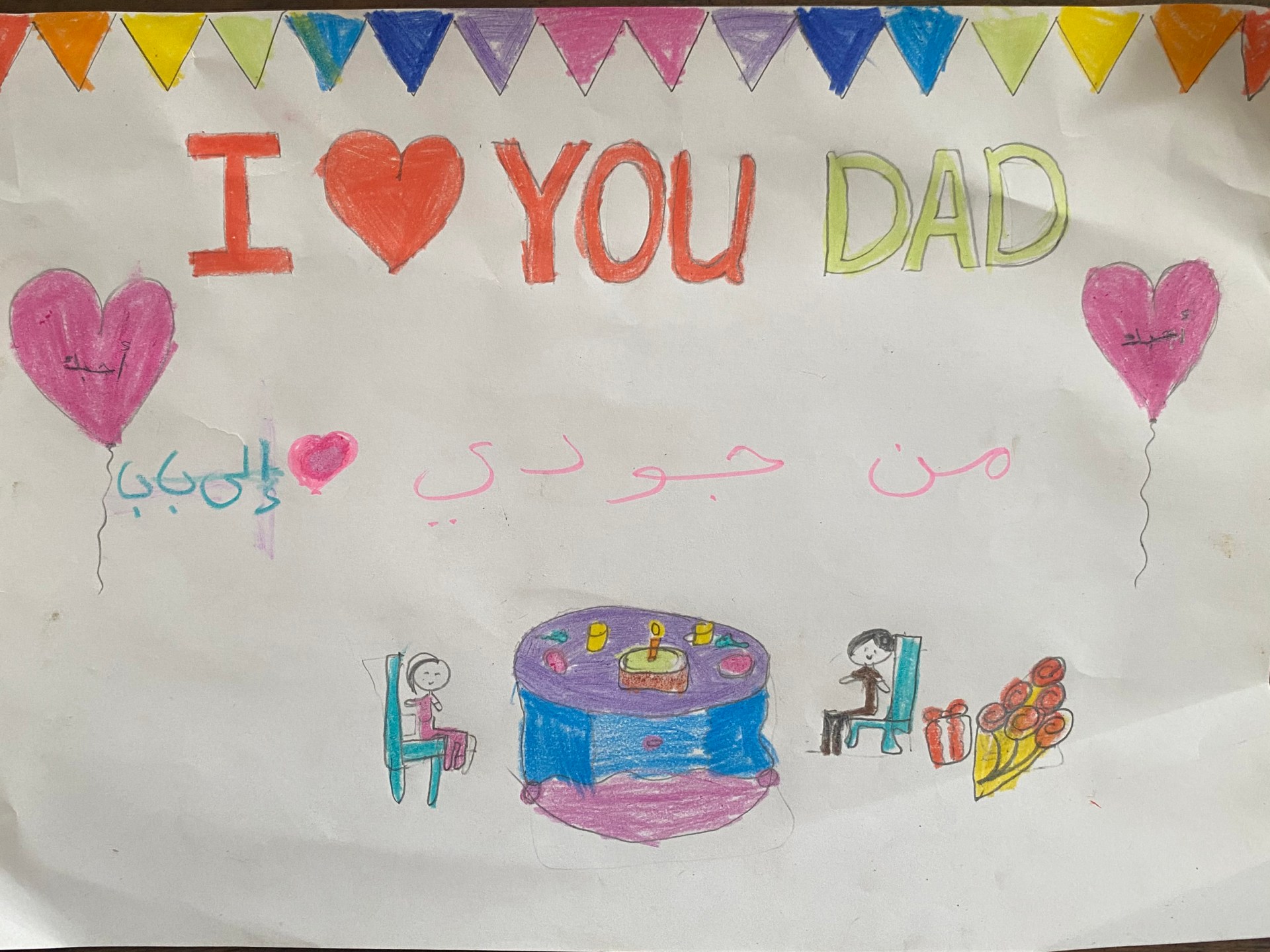Alexey Navalny, Russian President Vladimir Putin's most prominent enemy, died in a penal colony inside the Arctic Circle.
He was 47 years old. The authorities' apparent reluctance to allow his family to collect his body has raised suspicions about the circumstances of his death.
The announcement was made by Russia's Federal Penitentiary Service on Friday.
Navalny rose to prominence as an anti-corruption activist, organizing mass demonstrations during the 2011 elections, which many believed were rigged.
He and his team published revelations about officials and business figures close to Putin's inner circle, including Putin himself, accusing him of hiding an extravagant palace by the Black Sea.
“It will not be easy for the opposition to find someone who can take Navalny's place,” said political scientist Gulnaz Sharafutdinova. “Nevertheless, Navalny's political goal will survive and his name will remain a symbol of the fight for a better future for Russia.”
Controversial but undoubted opposition leader
Navalny was a controversial figure. Early in his career, he made hateful comments about Muslims, immigrants and Georgians, and walked alongside the Russia March, an annual procession that attracts royalists, ultranationalists and far-rightists of all stripes.
He later retracted some of his comments, was one of the few prominent Russians to support Black Lives Matter, and spoke out against systemic discrimination against Muslims in the prison system.
After an alleged poisoning attempt in 2020, Navalny was flown to Germany for treatment, but still returned to Russia in January 2021, where he was immediately arrested and sentenced to 30 years in prison on “extremism” and other charges. .
“Navalny was undoubtedly the leader of the Russian opposition,” said Alexei Krapukhin, a member of the Moscow branch of the center-left Yabloko party. “Even after being poisoned, he remained the leader, and even after ending up in prison, he maintained his authority beyond reproach.”
Krapukhin attended Navalny's rallies and campaigned for him during his run for Moscow mayor in 2013 (Navalny also ran for president in the 2018 election).
“He was a hero and he inspired me a lot,” said Arshak Makichyan, an environmentalist and anti-war activist.
“What happened now is not about what he said 10 or 15 years ago, but what he has been doing for the last three years. When she returned from Germany to Russia, it was very brave and inspiring for us in Russia to continue our struggles.”
What will the opposition do now?
So what does Navalny's death mean for the Russian opposition?
Opposition to Putin is broad. There are the ultranationalists and neo-Nazis with whom Navalny has flirted in the past, who believe that by welcoming Muslims and immigrants, Putin is a traitor to his ideal of a white Slavic ethnostate. Hundreds of them have volunteered to fight for Ukraine, although, conversely, there are also neo-Nazi militias fighting for Moscow, for whom the idea of a Great Russia overcomes any misgivings about Putin.
Leftists and communists are equally divided: Communist Party leaders have applauded Putin's invasion, alienating its rank-and-file members. While liberals are almost universally against Putin and the war, they are few in number, mostly abroad, and fighting among themselves, with Navalny's Anti-Corruption Foundation and exiled tycoon Mikhail Khodorkovsky forming two separate camps.
Anarchist cells have proactively sabotaged the war effort.
Finally, there is dissent in Russia's remote regions and ethnic republics, such as Muslim-majority Bashkira, where protests broke out in January after activist Fail Alsynov was jailed for inciting ethnic discord and discrediting the military, including questioning the effort war and its objectives. .
Nearly 20,000 Russians have been detained for anti-war activities and hundreds have been convicted following the large-scale Russian invasion of Ukraine in February 2022.
They include Navalny ally Ilya Yashin, jailed for eight and a half years for livestreaming alleged war crimes in the Ukrainian town of Bucha, which authorities deemed to be spreading misinformation, as well as Russian-British Vladimir Kara-Murza, sentenced to 25 years for treason. Like Navalny, Kara-Murza has survived two suspected poisonings that have left him with a rare nervous disorder, and his wife has expressed fears that he will not survive the harsh prison conditions.
While Yashin and Kara-Murza are liberals, Igor Girkin – aka Igor Strelkov – is definitely not. A former Russian intelligence officer, Strelkov arguably started the Russo-Ukrainian war by leading the original insurgency in eastern Ukraine in 2014, and had since reinvented himself as a blogger criticizing Moscow's war effort for not being fought with enough fierceness. Last year, he was arrested on extremism charges and has since been sentenced to four years in prison.
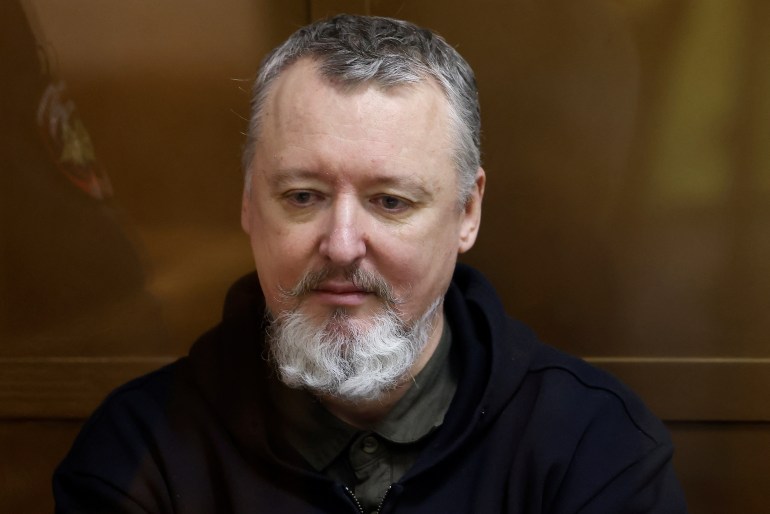
On Telegram, Strelkov's wife expressed fear that Navalny's death sets a precedent, a sentiment shared by the Kremlin's liberal opponents.
“Kara-Murza and Yashin and other pacifist and anti-Putin leaders are in danger, because now that Putin has earned the reputation of a politician who kills to stay in power, he has less to lose,” said economist Konstantin Sonin to Al Jazeera. .
“He can kill more, without further damage to his reputation. However, none of them are an immediate threat to Putin like Navalny was because he was so popular.
“Girkin will be at risk if his ideas become more popular, which I don't expect to happen.”
The outbreak of a full-scale war was accompanied by a mass exodus of pacifist Russians and draft evaders. However, even there they are not always safe from Moscow's reach: dissidents who moved to Bishkek, Kyrgyzstan, have been harassed, arrested and even extradited to Russia.
Between mass incarceration and exile, there is no one of Navalny's stature left to support.
“I think Navalny was an exceptionally popular Russian politician, more popular than anyone else, including Putin,” Sonin said. “For the opposition, his death leaves a void that will be difficult to fill.”
One of the last notable Kremlin critics not yet imprisoned or exiled is Yevgeny Roizman, the popular former mayor of Yekaterinburg, an industrial city in the Ural Mountains famous for his colorful social media rants.
Last year, Roizman narrowly avoided imprisonment after being repeatedly found guilty of “discrediting” the armed forces and was instead fined 260,000 rubles ($3,250). Since then he has kept a lower profile.
“I am sure that now there will be a new wave of repression,” Krapukhin predicted sadly.
“The authorities will stop at nothing. Resistance will continue – some from abroad, others within Russia – but there is also fear, so it remains to be seen how active this resistance will be. Since 2022, the laws have become much stricter and many people are sitting in cells. Our duty is that one day there will be a statue of Navalny and his murderers will be punished.”
“I think Putin gave us a reason to be more radical because the peaceful protests that Navalny was promoting are no longer working,” Makichyan added.
“We need to be more effective against the Putin regime,” he said, “and we need to change our strategy.”
